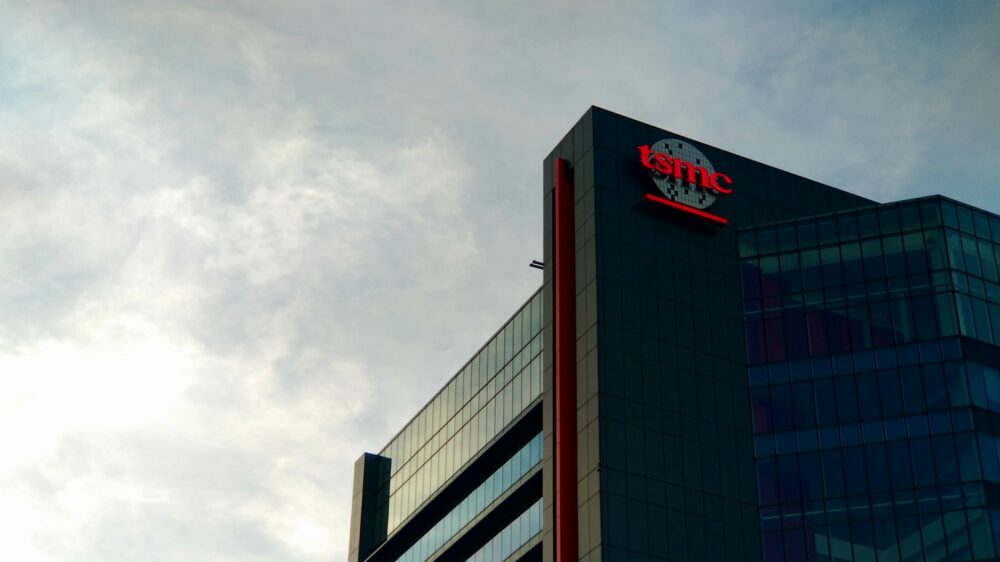Chips, banks, airline flights: here are the benefits of the Taiwanese Tsmc’s investment in Japan

After the investment by TSMC, the largest semiconductor manufacturing company in the world, Taiwanese banks have decided to open branches in Japan. Chip component suppliers did the same, while airlines opened new direct flights. All the details
Taiwan's largest private bank, CTBC Bank, has seen strong growth in interest from its customers – not just Taiwanese but Asians in general – to invest in Japan. What attracts them are the rich incentives allocated by the Japanese government for the production of microchips.
For example, the Taiwanese TSMC, the largest and most advanced semiconductor manufacturing company in the world, announced in recent months the construction of a large and sophisticated factory in Japan, in Kumamoto , in the southern part of the country. The investment also had consequences for CTBC Bank, which saw an increase in demand for services in the Kumamoto area, where it finally decided to open a branch. The bank has received requests for the purchase of real estate, but also advice on taking out mortgages and even on the best schools in the area.
In a conversation with Japanese newspaper Nikkei Asia , CTBC Bank explained that Japan was not such an attractive destination for foreign banks due to negative interest rates that made it difficult to earn profits. The plan for the development of the chip industry, however, seems to have changed everything, considering that not only CTBC Bank but also other Taiwanese banks – including E.Sun Commercial Bank, Chang Hwa Bank and the state-owned Bank of Taiwan – have opened branches in country in the last period.
THE TSMC FACTORY IN JAPAN
TSMC's factory in Kumamoto, which will produce semiconductors for Japanese companies such as Sony and Denso (automotive components), will be the company's first overseas plant to come into operation after the one in Nanjing, China, in 2018.
The factory was announced in 2021 and led to the announcement of investments – not only from TSMC, but also from partner companies such as Sony and Toyota – of 20 billion dollars in the island of Kyushu, where Kumamoto, also known as the nickname “silicon island”. The factory will also produce advanced seven and six nanometer chips, intended not only for the Japanese market but potentially also for foreign ones.
TSMC IN THE WORLD
Nikkei Asia notes that foreign investment has historically not been a priority for TSMC. Instead, the company has concentrated its operations at home in Taiwan; international expansion is the consequence of geopolitical tensions between the United States and China (which claims Taiwan, despite never having governed it) and of the logistical problems created by the coronavirus pandemic, which have created the conditions for a reorganization of international supply chains aimed to the approach to the ultimate markets.
Thus, from 2020 to 2023 TSMC announced overseas expansion projects worth more than $70 billion (including public incentives), investing in Germany , the United States and Japan; in spring 2021 there was talk of the possibility of the company entering Italy .
THE CULTURAL QUESTION
The Nikkei Asia highlights an important and perhaps little underlined aspect of TSMC's international expansion: the difficulties of dealing with cultures other than the Taiwanese one. A source told the newspaper that “dealing with different cultures and backgrounds is relatively new for the chipmaker. TSMC never thought it would have to hire people from liberal arts schools with specializations in Japanese or German literature. It's a big learning curve."
According to Charles Shi, an analyst at the investment bank Needham specializing in semiconductors, “there is a cultural affinity between Taiwan and Japan that makes TSMC's expansion in Japan easier than in the United States and probably also in Germany […] ]. Managing a semiconductor plant requires a workforce with a strong work ethic, engineering acumen, attention to detail and discipline. These are the advantages of the Japanese workforce."
NOT JUST TSMC
In addition to TSMC, other Taiwanese chip makers have begun to expand overseas. For example, United Microelectronics, the country's second largest company, is building a $5 billion factory in Singapore and has announced a partnership with US Intel on the production of twelve-nanometer semiconductors in Arizona.
As a result, companies that supply materials and components to Taiwanese chipmakers have also started to review their international presence. For example, Powertech, which provides packaging and testing services, is evaluating entry into Japan, which in turn has every interest in building an internal semiconductor supply chain.
The Nikkei Asia writes that the "investment rush" on the island of Kyushu that started in 2021 could bring economic benefits to the area estimated at 20.7 trillion yen over ten years. Even the aviation sector is trying to benefit: in 2023, Taiwanese airlines Starlux Airlines and China Airlines opened direct flights to Kumamoto, envisioning an increase in flights to the new Japanese semiconductor hub.
This is a machine translation from Italian language of a post published on Start Magazine at the URL https://www.startmag.it/innovazione/tsmc-giappone-investimenti-chip/ on Tue, 12 Mar 2024 06:52:35 +0000.
